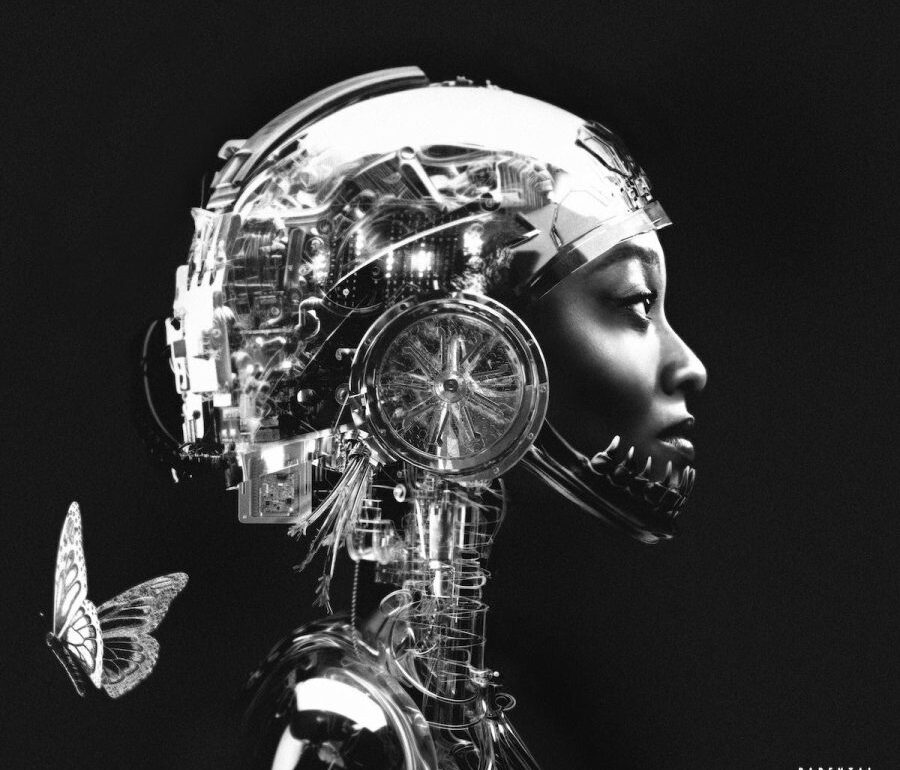Despite being among the youngest music genres, hip-hop has shapeshifted more often than not and continues to change, for better or for worse. Fortunately, 2024 gave way to an eclectic collection of albums and tracks, whether it be from established rappers or upcoming emcees pushing hip-hop forward. Of course, it’s hard to discuss hip-hop this year without mentioning the beef between Kendrick Lamar and Drake (more on that later), but 2024 also saw releases from Tyler, The Creator, ScHoolboy Q, Future, Doechii, and many more. Continuing our list of the best songs of the year, here’s our picks for the best from hip-hop and rap.
This feature was written by David Sosa and Sandra B. Olinger.
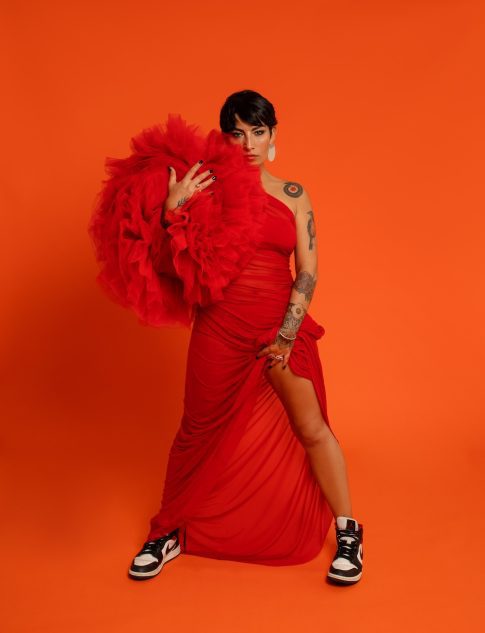
Songs like the bass-heavy “Tu sae” featuring Talib Kweli and Plug 1 will take you back to the battleground where pop-locking and windmills were the weapons of choice. Arguably, it is the most fierce track on Ana Tijoux’s new album, Vida. We’re reminded of Tijoux’s versatility as a fire-breathing rapper who can flip the switch quicker than you can flip a pancake and transition her rhymes to buttery vocals. And what better features than Talib Kweli and De La Soul’s Plug 1, who are both products of the greatest era of hip-hop. The song celebrates hip-hop culture, unity, and community with nods to fellow influential rappers.
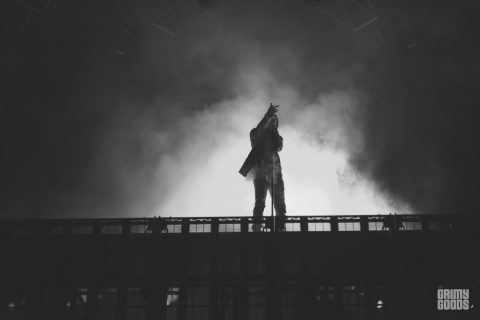
Although he pushed his album back for what feels like the 100th time, A$AP Rocky didn’t walk away from 2024 without some stellar singles such as “HIGHJACK.” Over unorthodox production that somehow works for Rocky as much as it does for singer-songwriter Jessica Pratt, he expands on the combative views he expressed on Future and Metro Boomin’s “Show of Hands.” Typically, the best part about Rocky’s music is his flow. However, this time, it’s his introspective recollection of his rise to prominence, counting all his blessings and setbacks in equal regard. “But it’s like that,” he chalks it all up, giving Pratt the perfect lead-in for a melodic closer comparable to the euphoric ending of the Moby-sampled “A$AP Forever.”
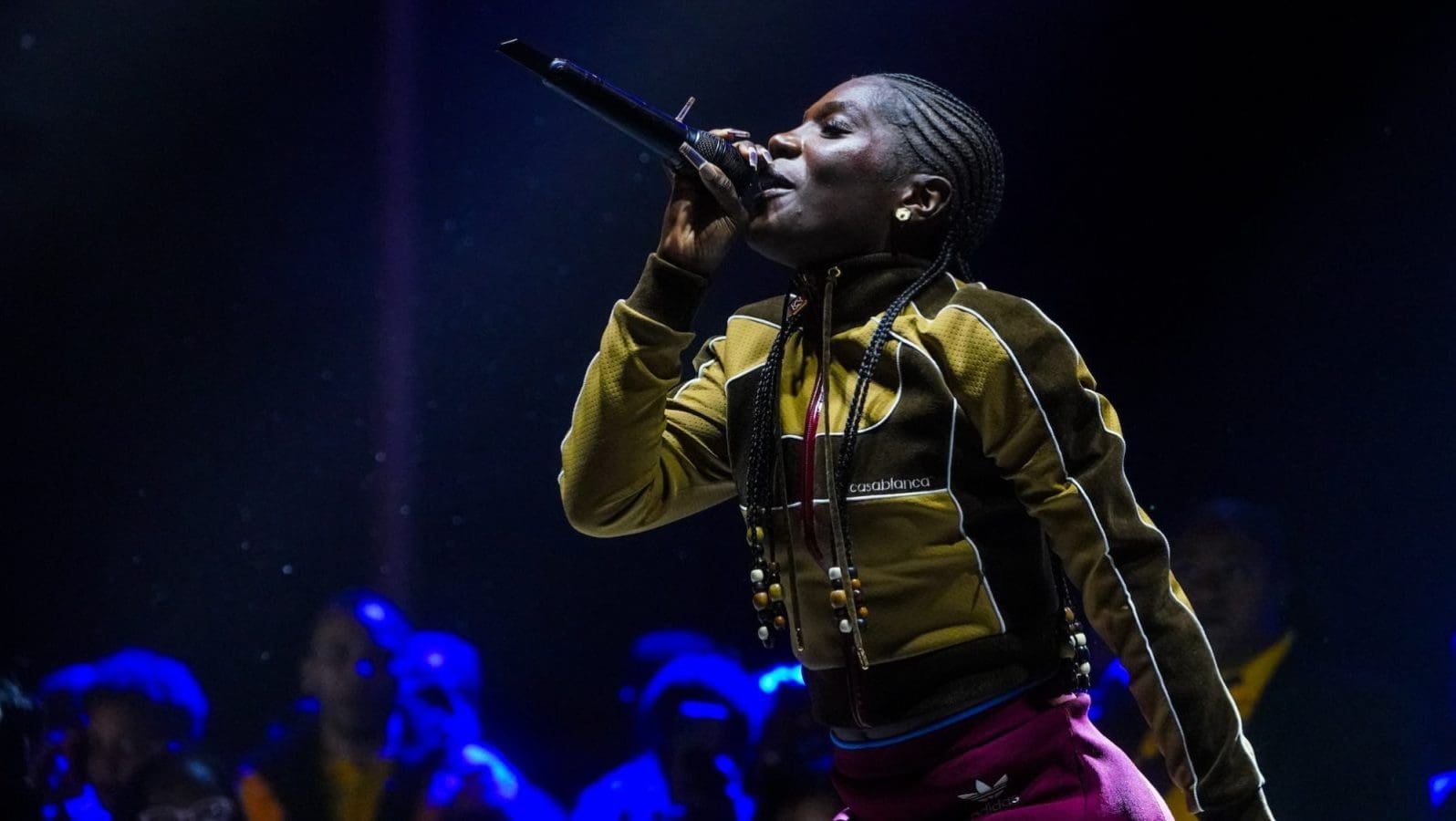
It’s the kind of bop that makes your jaw drop. Did Doechii just say what I think she said? Yes, she did. Not only are the track’s beats and instrumentals a catalyst for getting bodies shaking, but Doechii’s lyrics are absolutely empowering. This is the kind of jam you wanna play when you need that extra confidence boost. With razor-sharp lyricism that can split a tongue in two, the song clocks in at about two minutes, leaving the listeners begging for more.
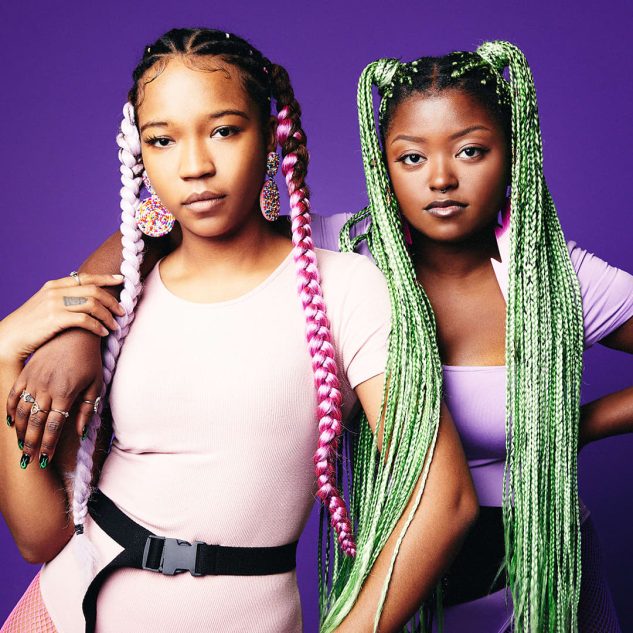
With heady beats and warped electronics, Flyana Boss goes intergalactic with this bop. The track has an infectious, trippy mania that travels at the speed of light with a fierce bass thump. True to their name, the lyrics are cleverly delicious. Whether in the club or playing double dutch, “yeaaa” will “make it pop like bubble gum.”
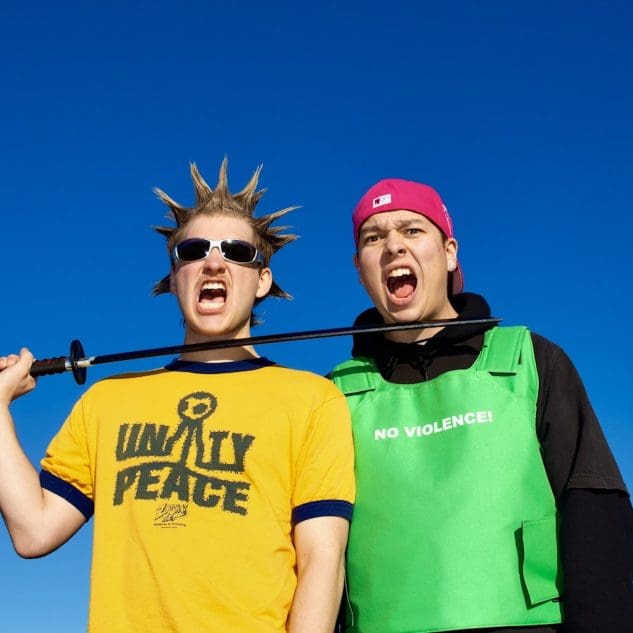
Rarely is the late 80s era of hip-hop evoked in the modern day, leaving groups such as Beastie Boys and Run-D.M.C. a byproduct of their time. However, rap duo Joey Valence & Brae revive the style on their own terms with the explosive “BUSSIT.” Gleefully juvenile one-liners like “You a lazy Larry, I’m a dapper Dan” and “Don’t need money, I just need a butt” speak for themselves, with Joey and Brae fully embracing the abrasive production of the period they so strongly admire. But they’re far from cheap imitators, striking a middle ground where they can pay homage to those that inspired them and make unorthodox creative choices, the latter of which is exemplified by the sudden switch to breakbeat/Jersey club halfway through “BUSSIT” and at the end.
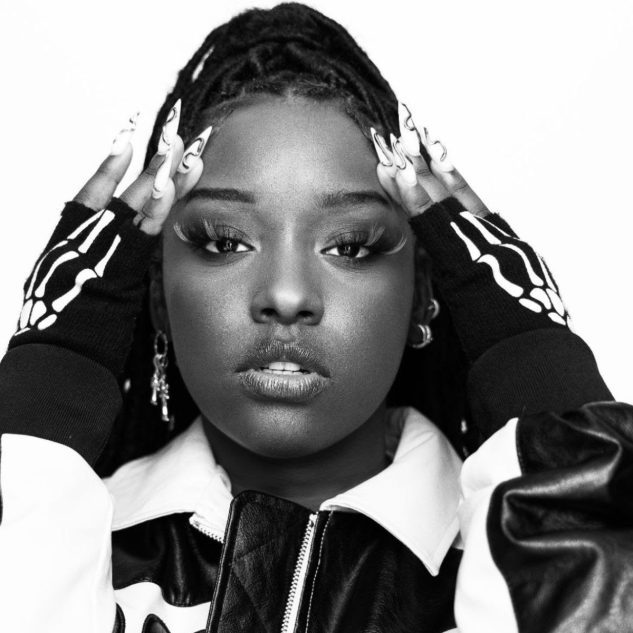
Best known for her fiery wordsmithing and fast-rapping ability, the song is nothing short of universal, coming to terms with mental health struggles among young people through staggering rap flows. Given the lyrics touch on depression, anxiety, and insecurity, J Noa’s fast-paced delivery might shock listeners. But if anything, it shows she can utilize her rapping style for any serious topic. Her confidence in discussing potentially upsetting subject matter is backed by her pondering tough questions. While the entire track’s flow is tight, it’s the lyrical content delivered at such a clean cadence that makes it stand apart from her fellow rap acts.
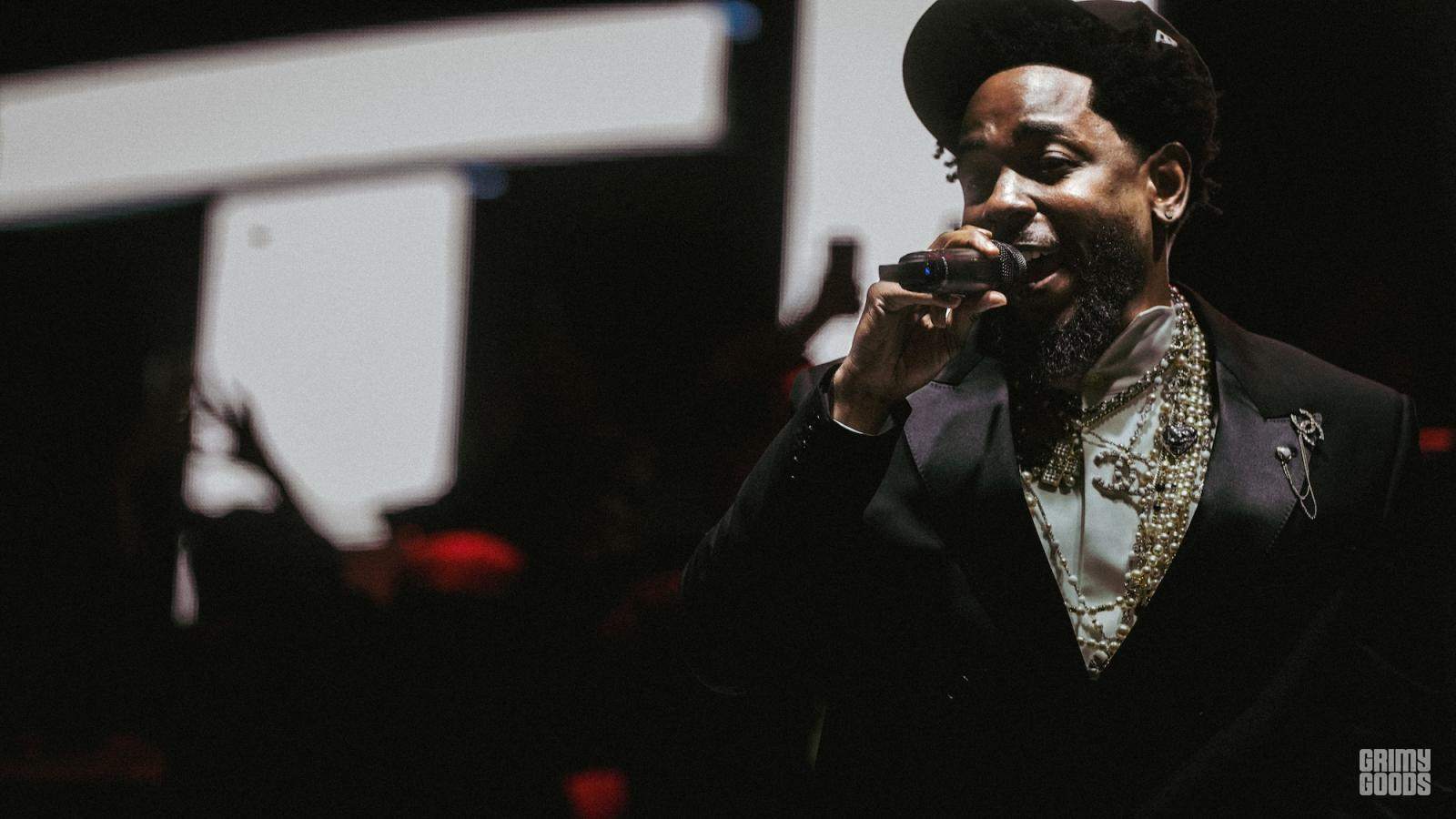
Days before Kendrick Lamar sealed the beef between him and Drake with the now eternal West Coast anthem “Not Like Us,” he already predicted every angle Drake would take to attack him on the six-minute thesis “euphoria.” Although he starts off in a meditative, jazzy state, Lamar rises to the occasion as horns raise the stakes so high that no other rapper could match Lamar’s competitive spirit. Every line is equally quotable, but highlights include Lamar rapping, “I pray they my real friends, if not, I’m YNW Melly,” “I got a son to raise, but I can see you don’t know nothin’ ’bout that,” and simply declaring, “I hate the way that you walk, the way that you talk, I hate the way that you dress.” No matter how you look at it, Lamar took what could have been a simple diss track and turned it into a live dissection of Drake and the rap industry.
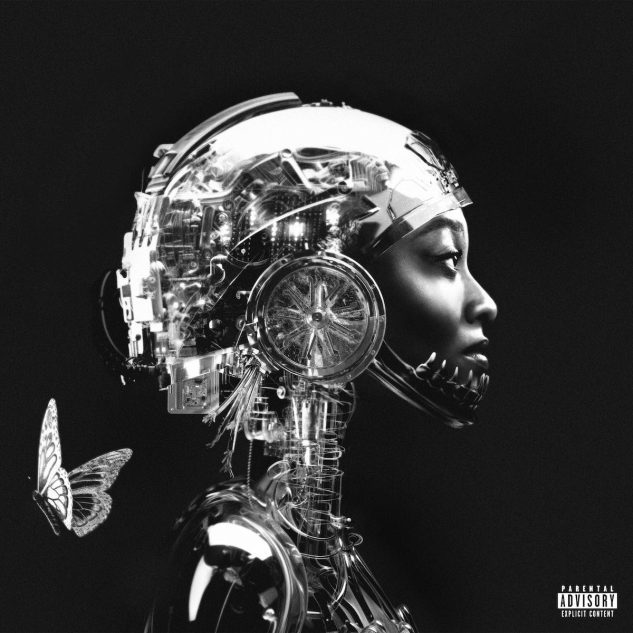
Earlier this year, the British rap luminary Little Simz surprised fans with her new EP, Drop 7, via Forever Living Originals/Awal Recordings. Delivering her most experimental music to date, Simz took a deep dive into dance-driven beats and sounds. With “Mood Swings,” we get those signature fierce flows over an exchange of electronic 808s and drum and bass. Produced by frequent collaborator Jakwob, the production on the track is immaculate. And with Simz always thinking outside the box, the fact that she can still dominate in the hip-hop realm with a track that can be considered electronic dance music only solidifies her reign as one of the best rappers of our time.
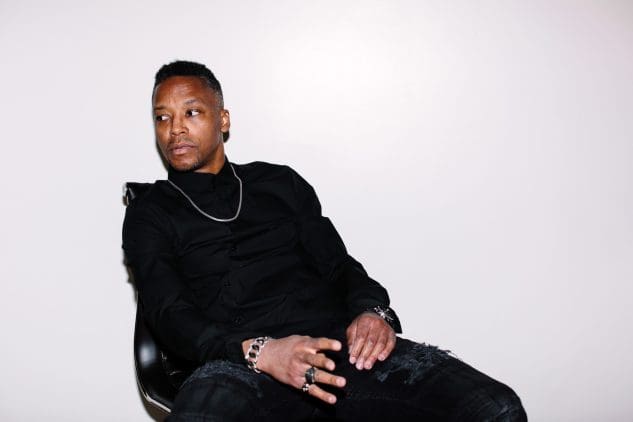
Lupe Fiasco has long existed in an odd state within hip-hop, breaking through at the start of the internet era yet being around for about as long as other rappers like Kanye West. But every now and then, he reassures the industry that he’s still one of the best to grace the mic with tracks like “Samurai.” Over classic boom-bap production, Lupe rides the beat with the sort of ease comparable to a monk, reaching the same heights as his 2015 achievement “Mural.” On “Samurai,” he imagines a world where Amy Winehouse is still alive and becomes a battle rapper, navigating the rich and poor of London. It’s the sort of unique storytelling largely absent from hip-hop that reaffirms Lupe’s status among the greats.
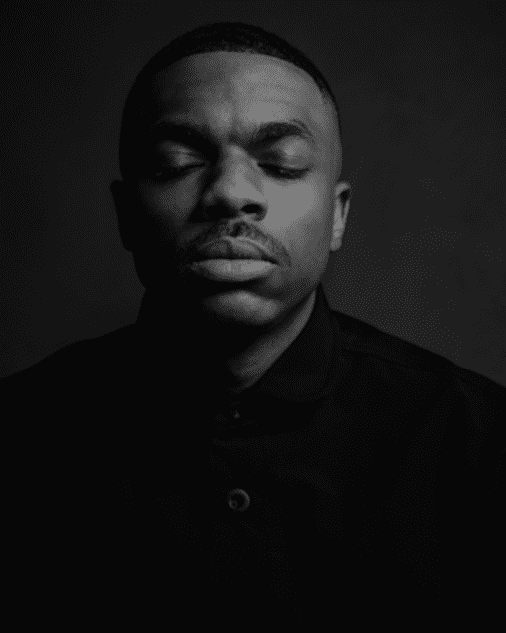
Sampling Thee Sacred Souls’ modern oldie “Weak for Your Love,” Long Beach emcee Vince Staples proves yet again he’s the most consistent rapper of his generation on “Black&Blue.” Contrary to the heartbroken crooning of Thee Sacred Souls singer Josh Lane, Staples questions what’s missing from life despite living in what he describes as Heaven. At the same time, he goes over the circumstances of his career and wonders if in Heaven there’s “a mansion for thugs” like 2Pac and Nipsey Hussle. “Black&Blue” captures Staples doing what he does best: staring back at the void and drawing connections between the past and present, coming out on the other end a rapper who asks the questions no one else wants to face.
This post may contain affiliate links. Ads and affiliate links are how independent blogs like Grimy Goods can operate. Thank you for supporting our work and being a part of our music community.
This post was originally published on this site be sure to check out more of their content.



